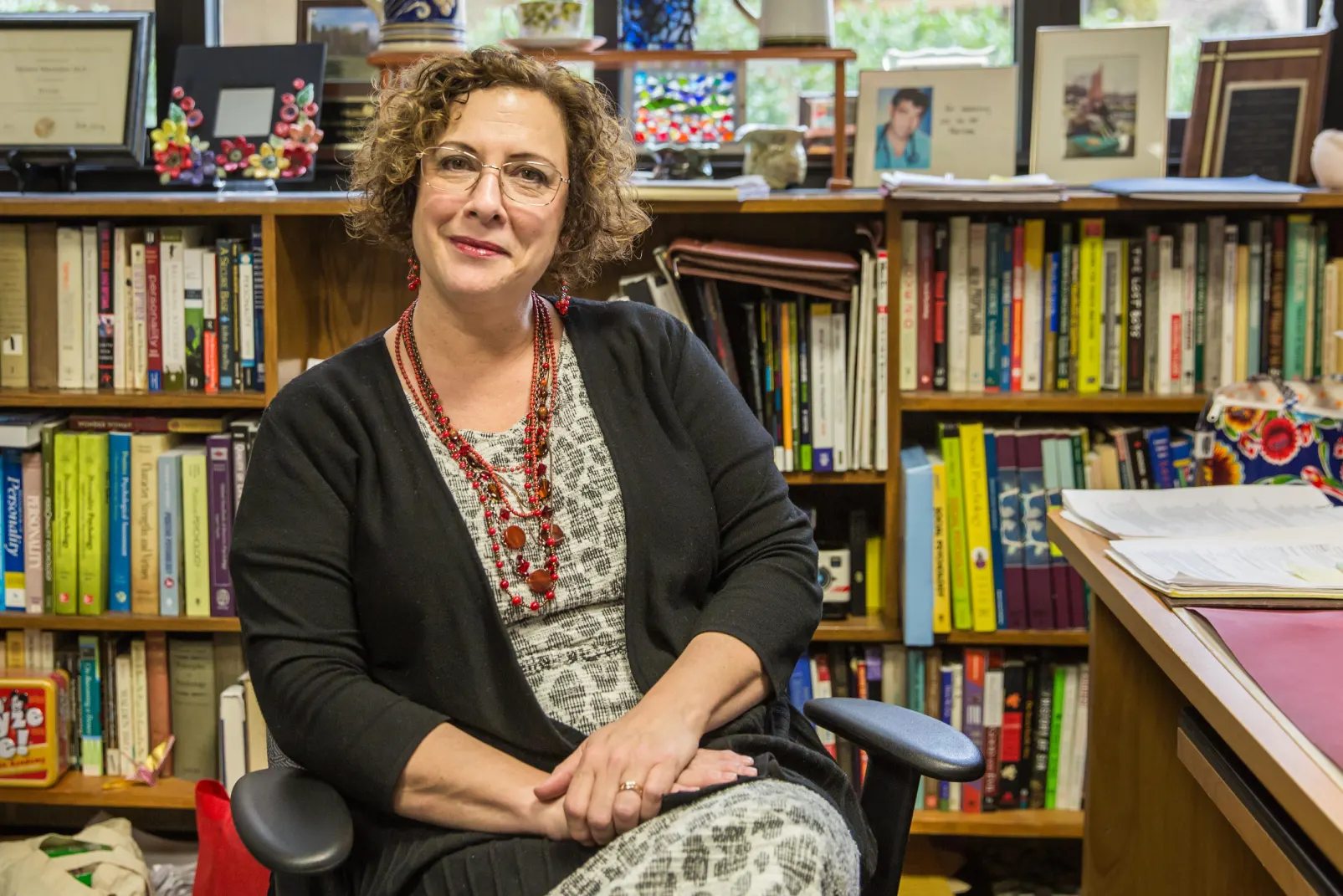Staying Socially Active While Social Distancing
“Extroverts crave external stimulation,” said Dr. Marianne Miserandino, professor of Psychology at Arcadia University. “Another word for extroversion that we’re using in personality psychology is called ‘surgency,’ which means ‘surging into the social world.’ That’s what extroverts like to do: Go into the world and see people and do new, interesting, unusual activities.”

As the number of those affected by the novel coronavirus continues to increase daily and state governments issue stay-at-home warnings, it can be increasingly difficult for individuals with extroverted personalities to find stimulation. Dr. Miserandino notes that extroverts need to be creative about their social interactions.
She recommends practicing social distancing with digital social activity, such as virtual happy hours, purposeful social media use, and interactive webinars with friends. She said the biggest challenge for her was getting over the mental “bump” of virtual activity not being socially engaging.
“You’re not going to be able to hug, you’re not going to be able to be in the same room as somebody, so that’s been preventing me from reaching out,” said Dr. Miserandino. “Once I made up my mind that yeah, it’s not going to be the same, but maybe I can get something I need out of these new formats, then I jumped to the other side. The hardest part for me was getting over the bump of ‘it’s not the same.’”
The difference between extroversion and introversion isn’t black and white, but rather a spectrum for personality. For those who are more extroverted, Dr. Miserandino recommends scheduling plans—virtually for the short term and in-person for undated long term; creating a daily schedule that isn’t repetitive; and planning something for when self-isolation ends to generate anticipation.
“My husband and I, over coffee in the morning, decide on one thing to do that day,” said Dr. Miserandino. “Sometimes it’s something like ‘at five o’clock, let’s call so-and-so,’ or we plan to do some kind of activity. Extroverts are very sensitive to this anticipation; part of the fun is thinking about it coming on the horizon.”
Instead of meeting in groups, she encourages people to practice the six-feet rule when outside and use buffers to keep from spreading COVID-19, such as sitting in driveways across a street from each other, and to continue to practice social distancing and follow the stay-at-home order.
For more information on COVID-19 and the University’s response, visit arcadia.edu/coronavirus.


